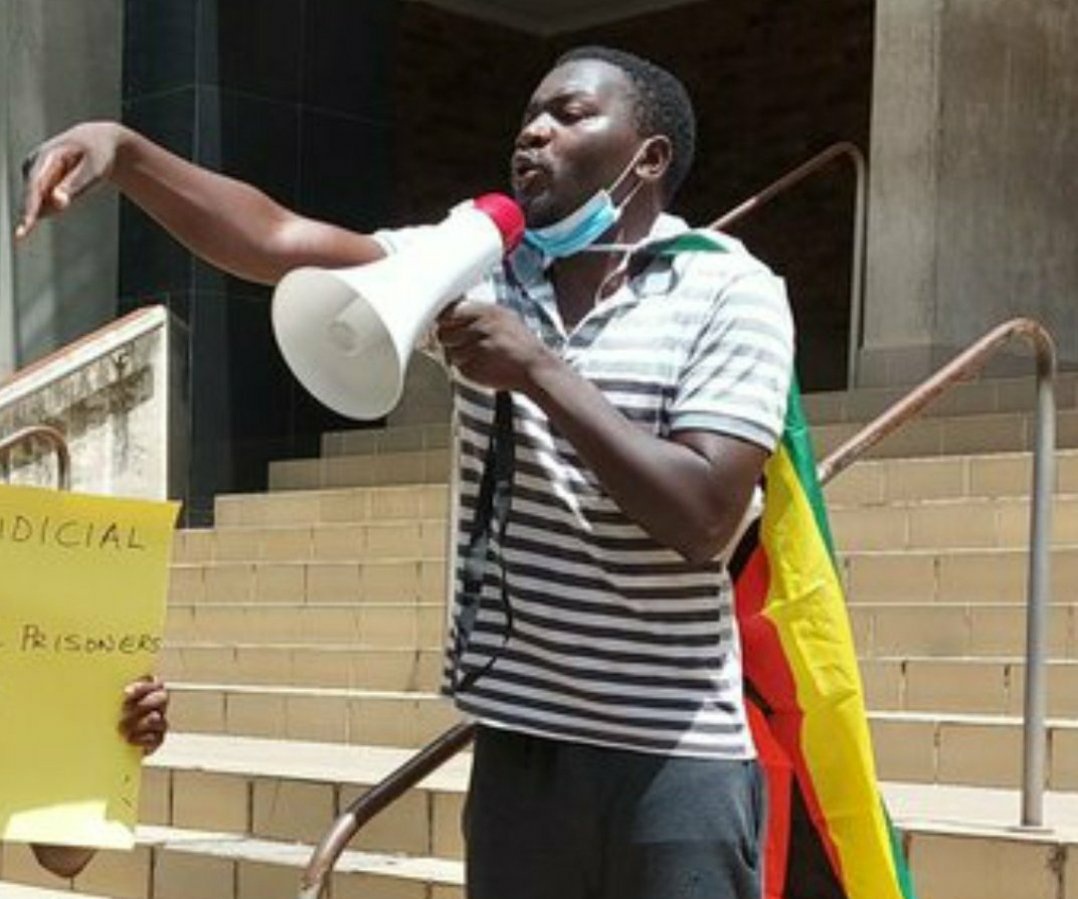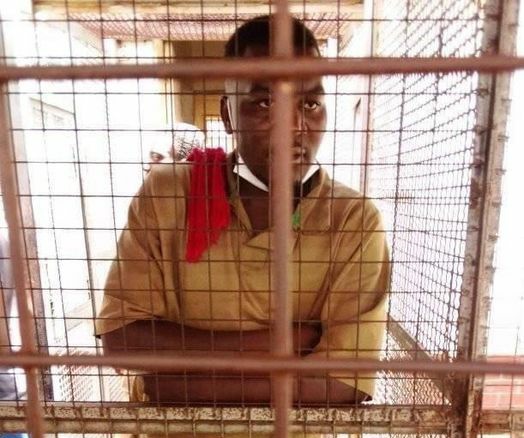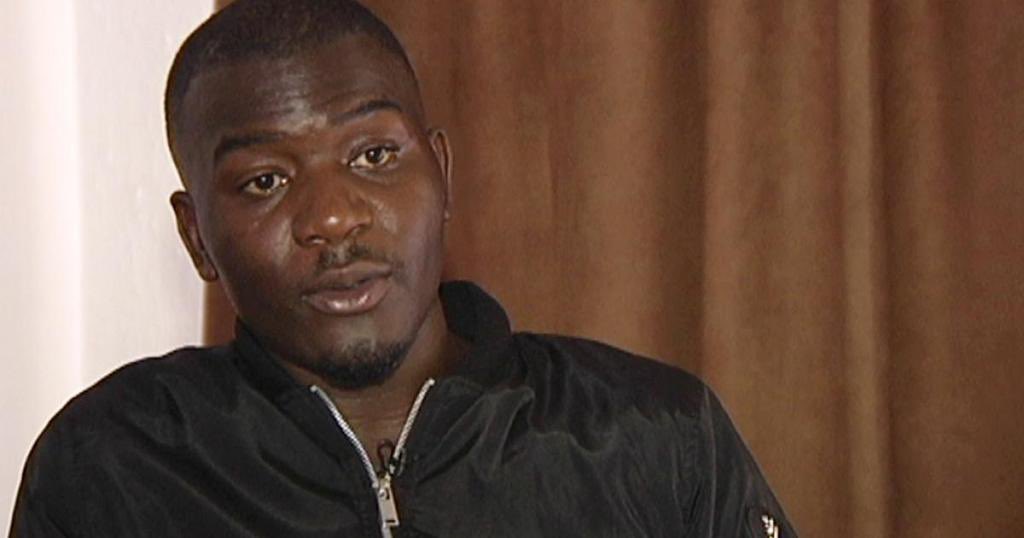
1] I've listened to a few views regarding elections in Zimbabwe.
I attempt to share my personal views regarding a few of these positions.
The first position is: #BoycottElections.
This position is grounded on the realization that: "elections will be rigged, so why bother".
I attempt to share my personal views regarding a few of these positions.
The first position is: #BoycottElections.
This position is grounded on the realization that: "elections will be rigged, so why bother".
2] Those who say the rigged elections do not solve anything should equally accept that boycotting them doesnt solve anything either.
In recent memory, MDC-T decided to boycott the 2008 rerun, and the 2015 by-elections after the recall of some 21 pro-renewal MPs.
In recent memory, MDC-T decided to boycott the 2008 rerun, and the 2015 by-elections after the recall of some 21 pro-renewal MPs.
3] In 2008, the boycott made sense because it was grounded on unmitigated violence which the international community couldnt ignore.
The 2015 by-elections boycott was of no political consequence with ZanuPF simply periodically increasing its Parly representation, until 2018.
The 2015 by-elections boycott was of no political consequence with ZanuPF simply periodically increasing its Parly representation, until 2018.
4] From both illustrations, boycotts are inconsequential.
Even if one argues that the 2008 rerun boycott brought ZanuPf to the "negotiation table",its important to note that in the greater scheme of things,that political settlement gave ZanuPF a chance to retreat & strategise.
Even if one argues that the 2008 rerun boycott brought ZanuPf to the "negotiation table",its important to note that in the greater scheme of things,that political settlement gave ZanuPF a chance to retreat & strategise.
5] The other school of thought is that:
"Participate and protect your zone of autonomy".
Those in support of this, rightfully observe that it is through participation in electoral processes, rigged or otherwise, that MDC has grown its support base & managed to influence change.
"Participate and protect your zone of autonomy".
Those in support of this, rightfully observe that it is through participation in electoral processes, rigged or otherwise, that MDC has grown its support base & managed to influence change.
6] Ofcourse its indisputable arguing that Zimbabwe would have been worse of without the MDC since 1999.
There are so many notable milestones in the Democratization process, that can be linked to MDC & its participation in local & international electoral and political processes.
There are so many notable milestones in the Democratization process, that can be linked to MDC & its participation in local & international electoral and political processes.
7] However, participating to simply "protect zones of autonomy" is also problematic.
The Opposition can easily become comfortable, to the detriment of both their constituencies & the Change Agenda in general.
Put differently, the Agenda remains: Winning Zimbabwe for Change.
The Opposition can easily become comfortable, to the detriment of both their constituencies & the Change Agenda in general.
Put differently, the Agenda remains: Winning Zimbabwe for Change.
8] The other electoral school of thought is the #ElectionsSabbath
Those pushing this position, argue that politics in general, and elections in particular, have ruined Zimbabwe.
The #ElectionsSabbath proponents want Zimbabwe(ans) to "rest and heal" from all this toxicity.
Those pushing this position, argue that politics in general, and elections in particular, have ruined Zimbabwe.
The #ElectionsSabbath proponents want Zimbabwe(ans) to "rest and heal" from all this toxicity.
9] Those pushing for #ElectionsSabbath argue also that with the current MDC-ZanuPF binary approach, Zimbabwe wont "heal".
The proponents observe also that under the current administration, there can't & won't be satisfactory reforms, for another election which wont be disputed.
The proponents observe also that under the current administration, there can't & won't be satisfactory reforms, for another election which wont be disputed.
10] The immediate concern is that the solution is quite elitist & also simply wont attract traction within ZanuPF.
Also, its critical to clarify that what has ruined Zimbabwe isnt politics, but bad politics.
No need to generalize & use diplomacy.
ZanuPF politics has ruined Zim.
Also, its critical to clarify that what has ruined Zimbabwe isnt politics, but bad politics.
No need to generalize & use diplomacy.
ZanuPF politics has ruined Zim.
11] As a recap, the 3 popular elections positions are:
i. Opposition should #BoycottElection
ii. Opposition should participate & #ProtectZonesOfAutonomy
iii. Zimbabwe should halt all electoral activities through a #ElectionsSabbath
Does one of them work on it's own?
i. Opposition should #BoycottElection
ii. Opposition should participate & #ProtectZonesOfAutonomy
iii. Zimbabwe should halt all electoral activities through a #ElectionsSabbath
Does one of them work on it's own?
12] My immediate concern, behond what I've already stated, is that all 3 proposals treat elections as if they are a ZanuPF act of benevolence.
Although ZanuPF is a major electoral player, the solution to our electoral challenges lies in treating it as just one of the players.
Although ZanuPF is a major electoral player, the solution to our electoral challenges lies in treating it as just one of the players.
13] Consequently, even if ZanuPF isn't comfortable with the "best solution", Zimbabweans should push for it regardless.
Put differently, Zimbabweans need to reclaim political power from the selected and elected few.
Without this, our problems will only deepen.
Put differently, Zimbabweans need to reclaim political power from the selected and elected few.
Without this, our problems will only deepen.
14] As Zimbos, we should thus have a consensus on what (electoral) reforms we want.
We should then mount political pressure to ensure that THERE WONT BE ANY ELECTION unless those reforms are implemented.
Politicians & parties have too much power.
Time to take it all.
enkosi!!
We should then mount political pressure to ensure that THERE WONT BE ANY ELECTION unless those reforms are implemented.
Politicians & parties have too much power.
Time to take it all.
enkosi!!
• • •
Missing some Tweet in this thread? You can try to
force a refresh








